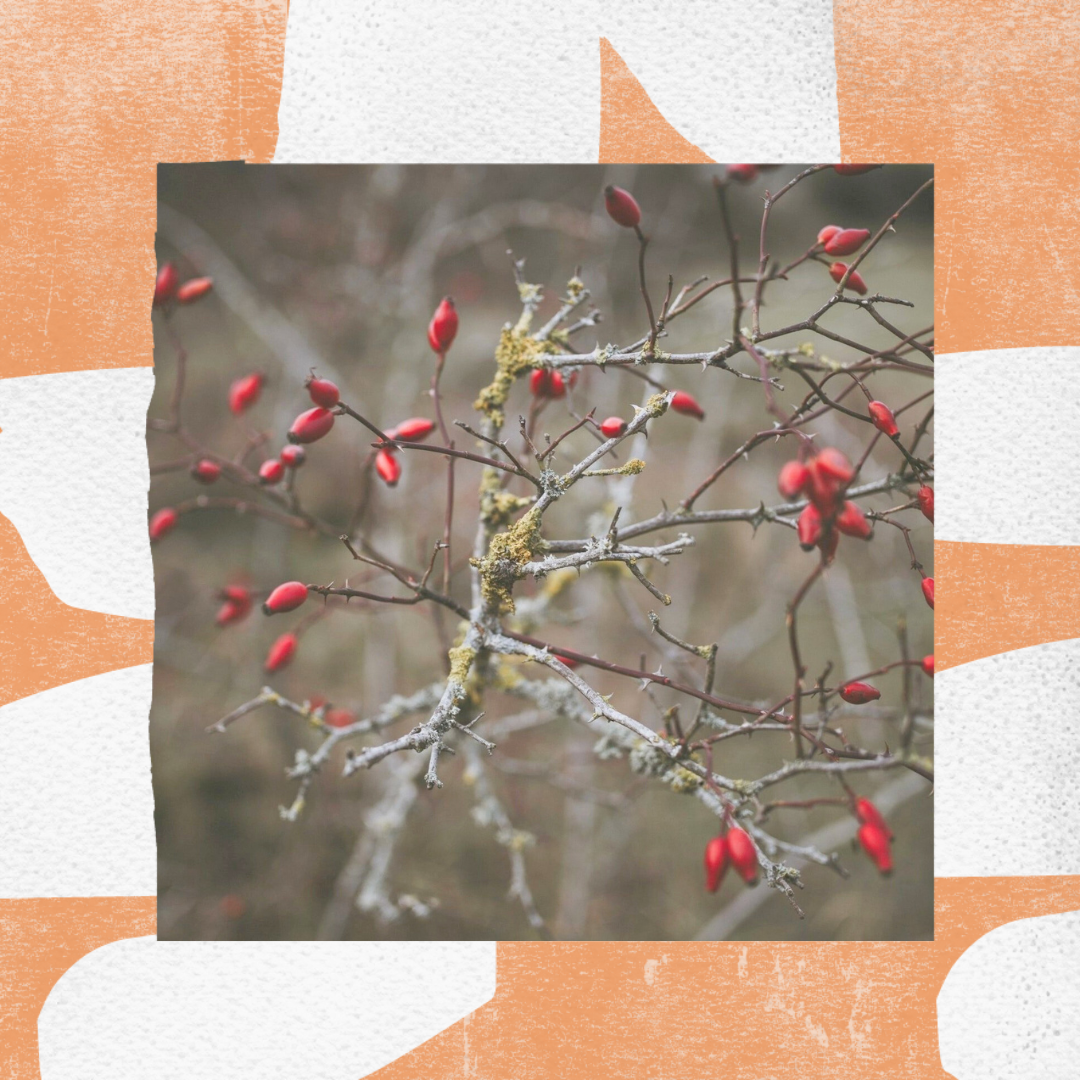We offer a complex psychotherapeutic program in a therapeutic community.
With a unique approach in Hungary, we provide a complex rehabilitation system for people who volunteerly apply and get accepted following the first personal interview. During the maximum six-month period within the framework of a therapeutic community, the everyday experience of life and working together is as important as classical psychotherapy. Our complex programme consists of different verbal group sessions, non-verbal therapies and socio-therapeutic community activities.
Therapy at Thalassa House is participative, partnership-based and democratic. Patients have a significant role and responsibility in participation and in decision-making regarding the practical aspects of operating the community. The cooperation contract determines the framework of the the values and norms that are important and the community stands for.

Elements of our complex psychotherapy progam
- classical verbal psychotherapies in smaller and larger groups
- non-verbal group therapies, such as music, fine arts, movement therapy, psychodrama and play-back
- socio-therapeutic activities to support reintegration
- special adolescent group for patients under 18
- pharmacotherapy
- integrated addiction counselling
- family consultation
The theory of therapeutic community functioning is based on the premise that psychological disturbances develop in social relationships, and therefore recovery can also be achieved in the context of social relationships. The everyday life of the community, functioning as a micro-society, serves as a model for responsible living at home and at work. In this microculture, where involvement in decision-making and taking responsibility are important values, the patients can acquire values that will influence the environment from which one had arrived.
Tasks necessary for communal living (e.g. managing finances, shopping, sharing meals, cleaning, doing chores in and around the house or in the garden) and common leisure activities (e.g. sports, games) create opportunities to understand individual and group psychodynamic processes and for psychotherapeutic use of shared experiences.
As the therapy progresses, the form of care may change, as we aim to develop a day-care sanatorium treatment instead of the live-in care to support greater autonomy and the practice of what has already been learned within the therapeutic space in the outside world. If necessary, we also try to involve the patient's environment in the process of change and recovery, so we talk to families in an organised way.
Medication
Our aim is to use a minimum medication with careful consideration of the patient's condition by psychiatrists. In cases where the aim is to temporarily control symptoms so that they do not overload psychotherapeutic work and community life (e.g. intense anxiety, extreme depression, inhibition, explosiveness, sensory disturbances), we aim to use medication as necessary. In other conditions where it is important to take medication for months or even years (e.g. schizophreniform disorders, certain types of depression), we aim to develop a partnership where our patient can take increasing control and responsibility for their own medication.
Experienced results
In our experience our therapeutic programme can be much more effective for adults and adolescents than medical-psychiatric care. Even high-risk adolescents, the ones who are less likely remain in the school system after they therapy with us have a better chance of improving their quality of life and can avoid rehospitalization later on. They can either continue their studies or become able to take up a job; they can even, where appropriate, leave the traumatising family environment; start to plan their own life paths as they regain autonomy; also their self-harming behaviour decreases; their substance abuse decreases; they develop a more balanced lifestyle in the family; they will be present in the society and in their private life with a more competent participation.